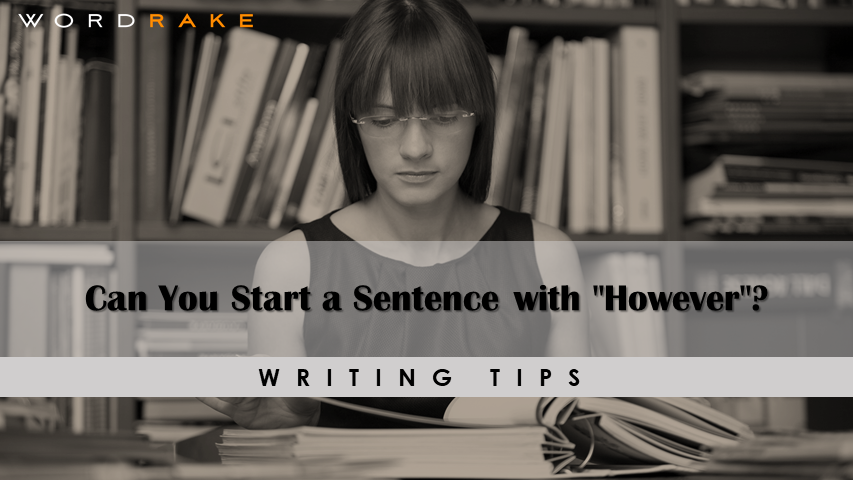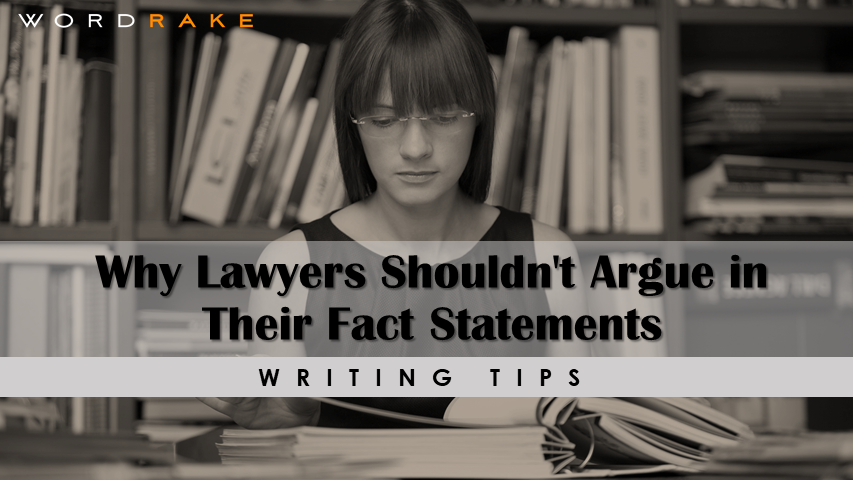Roughly one in every five of you reading this tip labors under the Myth of However. The other eighty percent don’t even know it’s a rule.
Continue readingHiking the Pacific Crest Trail (with half a million other people who saw Wild), a priest, a rabbi, and a lawyer meet at a fork. The priest complains about the crowds. “I thought Easter communion was bad.” The rabbi commiserates. “Oy vey.” The lawyer consults her map. “Hmmm,” she says. “It is not unlikely that the path that is not to the east will not take us to nowhere there are no people.” The rabbi says, “What is this, some kind of joke?” The priest says, “It’s not funny.” “But,” says the lawyer, “it’s not unfunny either.” Whereupon, the priest and the rabbi pepper-spray the lawyer. The moral of the story: first, never seek solitude in a place made suddenly popular by a book or a movie; and second, try to communicate in the affirmative or expect consequences.
Continue readingHere's the situation: Both alternatives are incorrect; but you have to choose one.
Continue readingIn great film, a moment comes when the layers of our natural cynicism peel away until none is left; we cease trying to figure out what will happen next; we forget that people with clipboards and headsets are running around behind the camera ten feet away. We relax into our seats and give ourselves over to the writer, the director, the actors, to perform their magic, to take us anywhere they please because they have earned our trust, and we are happy to be along for the ride. In film, if it ever occurs, the process can take fifteen minutes.
Continue readingThe human brain has to work hard to assimilate negative words, especially strings of them. Lawyers and legislators tie themselves in nots, and even they trip over sentences like this one from a newspaper reporter:
Continue readingI just finished our 52nd Writing Tip. (And, yes, I write every one myself.)
Continue readingAbout half the time I see the word “or,” what follows it merely repeats what precedes it; so there is no “or”; we’re just saying the same thing twice. Take this law firm employment agreement:
Continue readingYou know the feeling: You write “codified” or “assuming arguendo” or “inter alia” or “vis-à-vis,” and just above that little bump at the back of your head, you feel this warmth, like if a neurosurgeon cracked open both layers of your skull, she would see, shining through the dura mater, a soft purple light, pulsating.
Continue readingIt’s one of my favorite lines. You know the setting: the team’s just won the Super Bowl (the Stanley Cup, the World Series, the final game of March Madness), and as several tons of confetti rain down, the coach, “On behalf of myself and the team,” thanks the greatest fans in the world. On behalf of “myself”? Who cares! These highly successful people earn their living relying on talents other than their ability to put words together.
Continue reading









